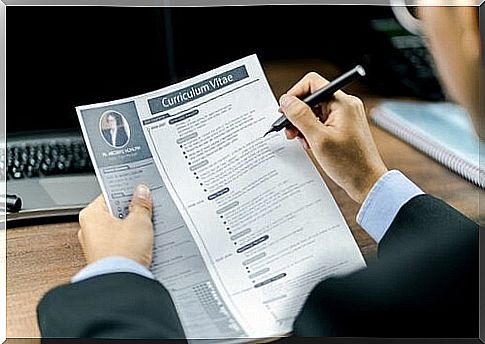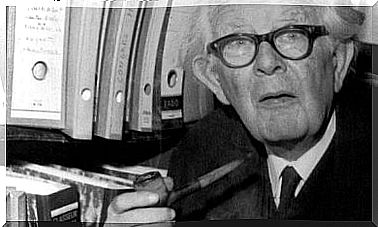The 7 Best Tips To Make Sure You Have A Better CV

In the world today, it is difficult to find a job that makes you happy. All the competition and demands of an increasingly selective labor market make us begin to doubt our own qualities. Information is constantly being published on how to create a better CV. But it is not always clear what steps it is really worth taking.
Creating a great resume is not easy. You can look around and discover that people use all kinds of inventive techniques. Video resumes and graphic templates are available everywhere online.
Still, a better resume is not based on looks, although that may be what you think. Yes, it is important to point out something attractive, but it is also important that the inside is not disappointing. If the message is not good enough, colors and font do not matter much.
Some of the advice here will be familiar, but some of it will be completely new to you. The important thing is to take advantage of these tips so the world can see everything you are capable of doing!
7 essential tips for a better resume
1. Do not lie
Not lying on the CV may be obvious, but fake CVs are everywhere. People add jobs they have not had, lie about the positions they held or find achievements. All of this can have very tedious consequences. Not only is this embarrassing, it is sincere.
Being honest is not only a virtue, it is also the smart choice. If your bosses or your interviewers find out you lied about something important, you will lose their trust. No one likes to have workers they can not trust in their company, so try to avoid giving them that impression.

2. Make sure you have a better resume that sets you apart from the others
It is recommended that you emphasize something in your CV that sets you apart from the others. Not only in what the CV itself looks like, but also within your skills. Try to learn a little of a new language, emphasize special courses you have taken and add volunteer work.
The problem with many resumes is that they look exactly the same. Several years ago, Norwegian was the only language you needed, but that is no longer the case. The more original choices you have made throughout your life the more curious your potential employers will become.
3. Correct length
Your resume should not be too long or too short. Emphasize the jobs you have had for a long time and not the places you have worked for short periods. Short working conditions can give the impression of instability.
Do not include too much information about the college or university you studied at. Unless you did something exceptional. All trivial information should be removed. The ideal length of a better resume is one to two pages.
4. Do not add too much personally
Many people try to connect with the person reading the resume by attaching too much personal information. Not only is this a mistake, it can also give the impression that you are unprofessional. You can attach an explanation of what your goals are, in general or in this job, but make it short.
Also, try to use only phrases or expressions that you are familiar with but that many people understand. Try to reach a level between formal and personal, do not go too extreme one way or the other.
5. Get references or recommendations
Some jobs ask for references or recommendations from previous employers. Obtaining them can be difficult, especially if this has not been agreed at workplaces before. It is best to contact the person you want a recommendation from and talk to them about it.
A number of companies, professions and managers have routines for this and have been referees before. But it is still important to have clarified this with them before writing them down for reference. So they do not suddenly get a phone call from what is possibly your new boss without being prepared.

6. Proofread your resume
Grammar and spelling mistakes are something you must avoid at all costs. You should read carefully through your resume to avoid mistakes that could cost you your job. Although this may seem obvious, many people forget it. A resume full of errors indicates that you are sloppy or poorly educated. Most companies will avoid hiring someone who has given that impression.
7. Volunteering gives you bonus points
Including volunteer work on your resume is not always necessary, but it is recommended. Apart from the fact that you may be emphasizing relevant experience , the time you have spent as a volunteer is a plus. Find a cause you are passionate about and volunteer for a few months or longer. You will learn a lot from it and maybe become a permanent supporter.
Many companies are interested in people who are involved in social issues. This shows integrity and consideration for others and this will make your private life richer as well as give you a plus in the book in working life.
To summarize, we can say that your CV is a very important part of the hiring process. Still, it is not the only part. Try not to stuff your resume full of irrelevant information. Fill it with honest information and get involved in issues that are worth your time.









